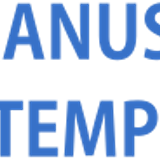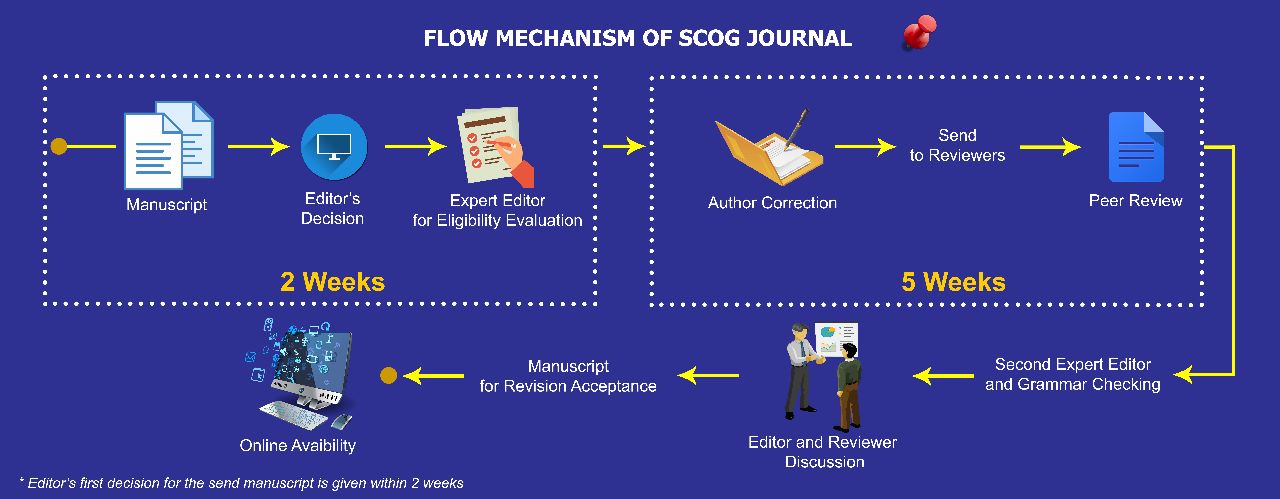PRODUCTION OF ENVIRONMENTAL FRIENDLY FUEL IN INDONESIAN REFINERY
Abstract
Worldwide crude supplies are experiencing a mod- est trend toward heavier and high sulfur content. The average annual demand growth rate for light products (gasoline, kerosene and diesel oil) is higher than that for residual fuel oil, Therefore, converting additional bot- toms into light product by either thermal or catalytic pro- cesses will be needed. Vehicles and fuels have been developed simulta- neously and nowadays vehicles demand a very sophisti- cated fuel indeed. Environmental restriction, and efforts to minimize the pollutant problem by exhaust gases are causing design and changes in cars that in turn are hav- ing some effects on fuel quality. To reduce exhaust emission by fuel combustion, the specification of gasoline and diesel oil is now stricter. Various term in the models address qualities of the re- formulated gasoline, such as benzene, total aromatics and olefin content, RVP, the T of distillation range, sul- fur content, and oxygenate contents (Table 1)18.13.16). Diesel oil specification is limited as follows: aromatics, polyaromatics, sulfur content, T and cetane number (Table 2) (19.23,26) To improve the specification of commercial gasoline into the stricter specification of reformulated gasoline, refiners are forced in install new facilities to increase the production for high-octane mogas components. For the stricter diesel oil specification in the years 2000's, over 50% by volume of the total gas oil components (ex- cept hydrocracked gas oil) must undergo improvement by hydrotreating processes in order to achieve a suitable specification. In Indonesia, there are seven refineries with total crude oil capacity of 1,063 MBCD to produce fuel oils, lube base stocks and petrochemical products. Process- ing units and fuel oil production in Indonesia's refineries are given in Table 3 and 4, respectively. The production of gasoline and diesel oil components is review in this paper. Influence of hydrocarbon composition of those fuel components on their performances is discussed. A brief discussion is offered on the impact of the changing specification of gasoline and diesel oil on the refinery configuration.
Keywords
Full Text:
PDFReferences
Al-Mutez, I.S., How to Implement a Gasoline Pool Lead Phase-Down, Hydrocarbon
processing, February 1996, pp. 63-69. 37
Beck, R., J. Oil Supply increase Due in 1996's Second Helf, Oil and Gas Journal, July 29,
, pp.57- 76.
Cooper, B.H., A. Stanislaus and P.N. Hannerup, Hydrotreating Catalyst for Diesel
Aromatics Saturation, Hydrocarbon Processing, June 1993, pp. 83- 87.
Dosher, JRand Carner, JT, Sulfur Increases Seen Mostly in Heavy Fraction of Lower
Quality Crudes, Oil and Gas Journal, May 23, 1994, pp. 43-49.
Hariharan, J., A Refiners View on the Production on of Cleaner Fuels, Presented Paper at
th ASCOPE Refining Worskop, Bangkok, Thailand, November 10-11, 1985. Le Page,
JF, 1987, Catalysts for Hydrotreating, Applied Heterogeneous Catalysis, Edition Techip,
Paris, pp. 357-434.
McCrthy, C.L. et. al., Modifying Diesel Fuel Emission ; Lower Aromatic Content and
Higher Cetane
Number, Fuel Reformulation, vol. 3, No.2, 1993, pp.34-39.
Nasution, A.S. and Jasjfi, E., Production of Unleaded Gasoline in ASEAN Countries,
Presented paper at 7th ASCOPE Refinery Worskop, Bangkok, Thailand, Oct. 26, 1998.
Nasution A.S. Influence of Hydrocarbon Composition of Naphtha Feed on the Yield and
Octane Number of Reformate, Presented Paper at Achemasia 95, International Meeting on
Chemical Engineering and Biotechnology, 3rd Exhibition and Congress, Beijing, China,
May 15-20, 1995.
Nasution, AS, "Catalytic Reforming Naphtha for High-Octane Gasoline and Low Aromatic
Production ". Presented Paper at 4 th ASCOPE Conferences and Exhibition, Bangkok,
Thailand, October 1993.
Nasution, A.S. Jasjfi, E and Legowo, E. h., Hydroisomerization of light-Naphtha Into
Isomerate Using Bifunctional catalyts, Presented paper at University of Indonesia, Depok
March 29-30, 1999.
Nasution, A.S. Influence of the Catalyst Acidity on the Hydrocracking of vocuum Distillate
into middle Distillate, Presented Paper at the 8 th International Congress on Catalysis, West
Berlin, West Germany, July, 1984.
Nasution, AS, Jasjfi, E. and Legowo, EH , Hydrocracking of Heavy Distillate into Clean
Diesel Oil Using Ni-Mo/A1, 30,-SiO,Catalyst, Presented Paper at International Workshop
and Seminar on Catalyst Chemistry, Yogyakarta, Indonesia, February 8-13, 1999.
Nasution, A.S. and Jasjfi, E., Survey on Hydrotreating in ASEAN Refineries, Presented
Paper at 4 th Refining Workshop, Bangkok, Thailand, 1995.
Nasution, A.S. Survey on Gas Oil Production and Impact in ASEAN Refineries, Presented
Paper at 5 th Refining Workshop, Yogyakarta, Indonesia, 1996.
Nasution, A.S. and Jasjfi, E., Improvement of gas oil quality by hydrotreating Process,
"LEMIGAS", Scientific Contributions No. 2/97, pp. 9-13.
Nasution A.S., Jasjfi E., and Legowo, E. H., Production of Clean Diesel Oils, Presented
Paper at 7 th Annual fuel & Lubes Asia Conference, Bangkok, Thailand, January 30,
February 2, 2001
Nasution, A.S. and Abdul Gafar., Report: task 4. Alternative measures for providing the
appropriate fuel specifications, USAID Blue sky Program 2000
Nasution, A.S., Gafar, a., Ibrahim, R., and Morina., Report; Gasoline Components For
Production of Unleaded Gasoline in PERTAMINA Refinery 2001
News, California Refiners Face Hurdle in Federal State RFG Rules, Oil and Gas Journal,
October 10, 1994, pp. 23-28.
News, New Diesel Rule Litmus Test for California Refineries Regulations, Oil and gas
journal, Aug 30, 1993, pp. 21-26.
Regsdale, R., U.S. Refiners Choosing Variety of Routes of Produce Clean Fuels, Oil and
Gas jour- nal, March 21, 1994, pp. 51-58.
Rhodes, A. K., Refiners Upgrades to meet worlds toughest Gasoline Oil and Gas Journal,
September 23, 1996, pp. 78-81.
SAE., Impact of Unleaded Gasoline on European performance and Emissions SP-677, page
Special Report., Fuel Quality Standards for Year 2000 Proposed by the European
Commission, Fuels and Lubes, International, Dec. 1996, vol . 2. No. 12, Pp. 10-11.
Tan, c., Hydrotreating of Light Cycle Oil, A Singapore Perspective, Presented Paper at 2nd
ASCOPE Refining Workshop. Bandar Seri Begawan, Brunai Darussalam, October, 1993.
UOP 1995Technology Conference., Reformulating Gasoline, the Challenge of
Reformulated Gasoline, UOP 1995, pp. 23-40.
World Wide Fuel Charter, Presented Paper on 3rd International Colloquium Fuel,
Ostfildern, Germany, January 17-8, 2001
DOI: https://doi.org/10.29017/SCOG.28.2.1039

This work is licensed under a Creative Commons Attribution-NonCommercial-NoDerivatives 4.0 International License.






